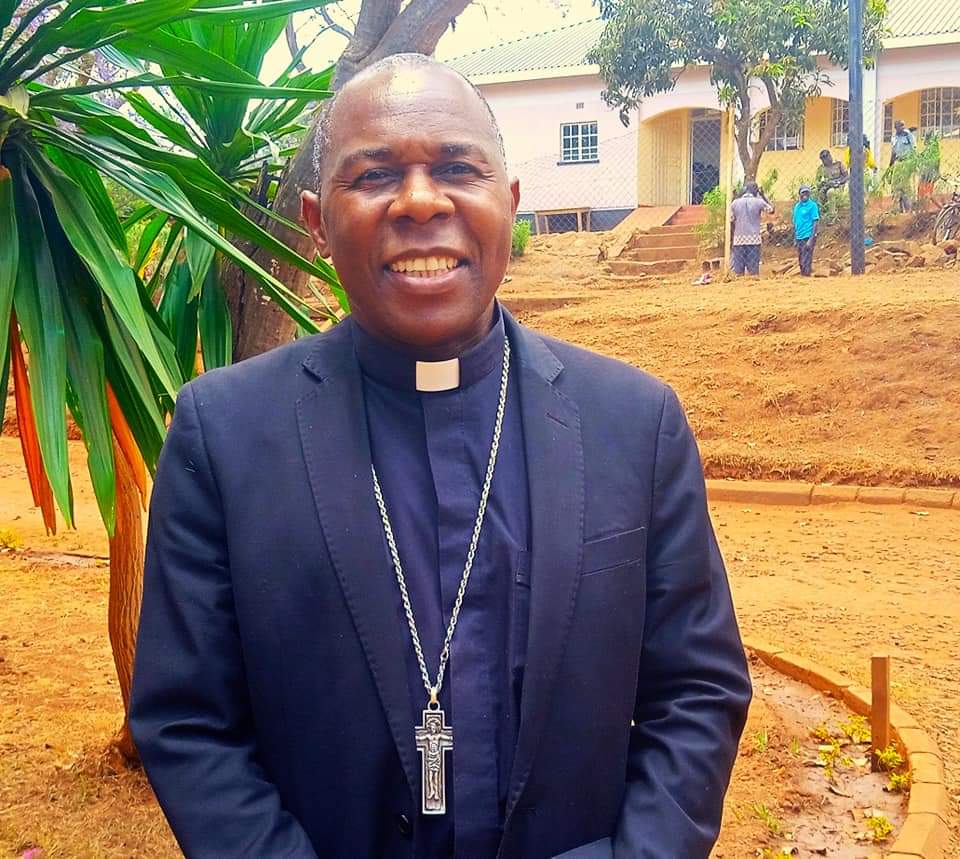By Twink Jones Gadama
In a dramatic turn of events, the Supreme Court of Appeal yesterday reversed a High Court judgment that had ordered former President Professor Arthur Peter Mutharika and Justice Lloyd Muhara to personally pay K69 million kwacha in costs.
The costs were related to a judicial review commenced by the Human Rights Defenders Coalition (HRDC), the Magistrates Association of Malawi, and the Malawi Law Society.
The Supreme Court’s decision not only overturned the High Court’s ruling but also ordered the HRDC, Magistrates Association of Malawi, and the Malawi Law Society to pay costs for both the High Court and the Supreme Court.
This ruling has significant implications for the parties involved and highlights the importance of the doctrine of precedent in the Malawian judicial system.
According to legal experts, the doctrine of precedent is a fundamental principle in the common law system, where lower courts are bound by the decisions of higher courts.
In this case, the Supreme Court’s decision takes precedence over the High Court’s ruling.
The judicial review in question was initiated by the HRDC, Magistrates Association of Malawi, and the Malawi Law Society, seeking to challenge certain decisions made by the former President and Justice Muhara.
However, the Supreme Court’s decision yesterday indicates that the petitioners failed to demonstrate sufficient grounds for the judicial review.
The reversal of the High Court’s judgment is a significant victory for Professor Mutharika and Justice Muhara, who had been ordered to pay substantial costs.
The Supreme Court’s decision also serves as a reminder of the importance of ensuring that judicial reviews are thoroughly grounded in law and fact.
In Malawi’s judicial hierarchy, the Supreme Court is the highest court, followed by the High Court and then the Magistrates Court.
The doctrine of precedent ensures that lower courts adhere to the decisions of higher courts, promoting consistency and predictability in the application of the law.
While the HRDC, Magistrates Association of Malawi, and the Malawi Law Society have been ordered to pay costs, they may still have options for appeal or review.
However, the Supreme Court’s decision yesterday marks a significant milestone in this protracted legal battle.
As the dust settles on this landmark ruling, legal experts and observers will be watching closely to see how the parties involved respond to the Supreme Court’s decision.
One thing is certain – the doctrine of precedent remains a cornerstone of Malawi’s judicial system, ensuring that the rule of law is upheld and that justice is served.




